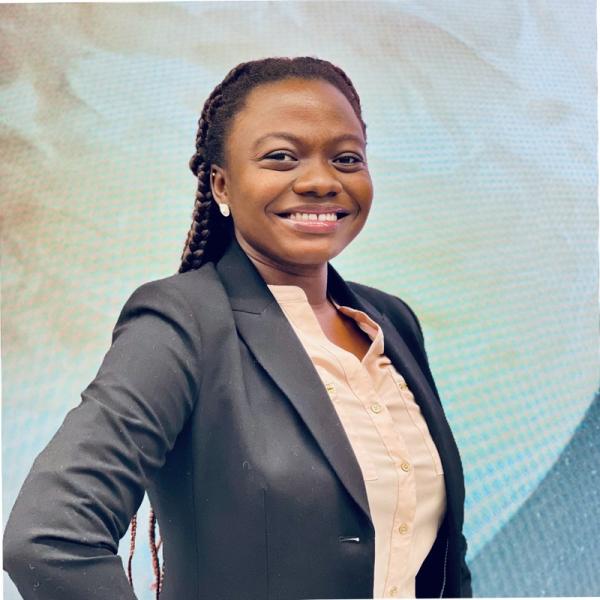Maame Abena O. Afrifa is a University of Kentucky PhD Candidate in the Biomedical Engineering Department.
Bootcamp 1.0 Project Idea: The market size of transdermal patches, in terms of revenue, is estimated to be $8.24 billion in 2022, with a projected CAGR of 4% from 2023 to 2028. Transdermal patches offer an efficient means of drug delivery through the skin to specific areas of interest. Their advantages include improved therapeutic bioavailability, reduced invasiveness, and lower systemic toxicity. However, there are currently limitations associated with these patches, primarily centered around their limited clinical translation, as most patches remain in the preclinical stages.
The few transdermal patches currently in clinical use, such as 5-fluorouracil, diclofenac, and buprenorphine, face challenges in achieving two critical objectives:
(1) Sustained controlled drug release for more than 12 hours to penetrate deeper skin tissues effectively for therapeutic purposes (2) Prevention of severe skin reactions resulting from the overapplication of patches. Hence, there is a need for one tunable platform capable of overcoming these limitations to facilitate the delivery of FDA-approved drugs, particularly in the fields of inflammation, tissue regeneration, and cancer.
The proposed solution involves the development of an adaptive platform technology for inflammation, tissue regeneration, and cancer. This tunable system would have the potential of delivering FDA approved drugs to the compromised sites topically and transdermally. Our first prove of concept is the application of the technology in delivering Methotrexate to treat inflammatory forms of arthritis, burns, swelling and pain relief.The advantageous characteristics and selective interactions of our platform will facilitate controlled drug release into deeper cutaneous regions without entering dense vasculature. Additionally, the post-treatment effects of the drug will still be evident for a couple of days without requiring continuous application, which will reduce the potential for skin reactions.
Future Outlook: Looking ahead, this project represents a pioneering intersection of nanotechnology and medicine.The dream is to have a startup company that is dedicated to the promise of offering one platform that can be adaptive enough to deliver various drugs based on the disease mechanism. We believe this technology will potentially reduce cost and address the limitations of current topical and transdermal applications.
Co-Founder / Team Leader: Maame Abena Oforiwaa Afrifa
Email: maame.afrifa@uky.edu
Co-Founder / Principle Investigator (PI): Samuel Awuah, Ph.D., Associate Professor in Chemistry and Adjunct in Pharmaceutical Sciences, College of Pharmacy and Markey Cancer Center

Project Owner
Maame Abena O. Afrifa